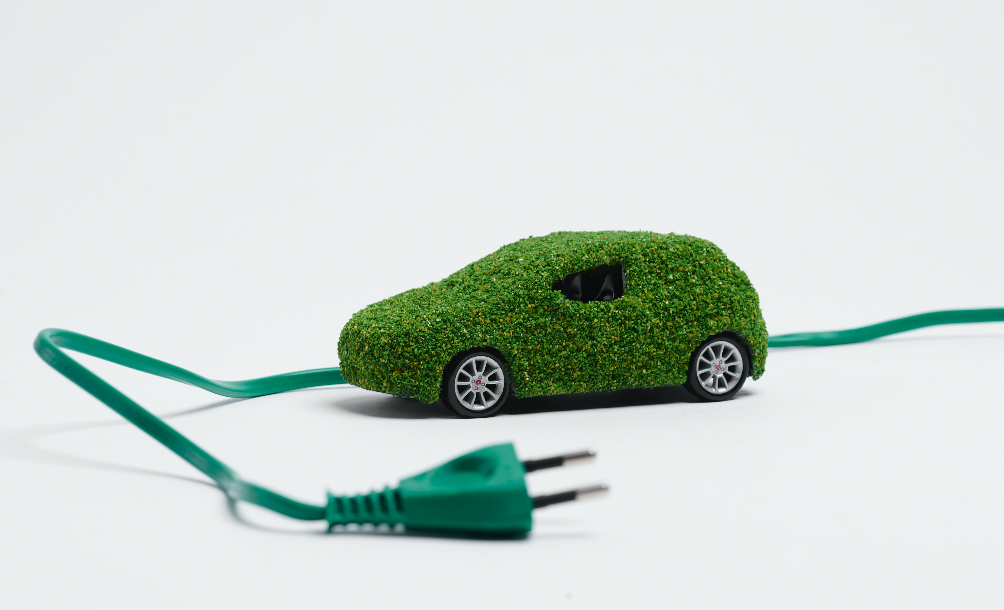In Morocco, the transport sector consumes 38% of final energy and represents the second largest CO2 emitting sector in the country. Aware of the continued growth in the motorization rate, the country is now accelerating its energy transition in order to avoid future corrections, which are often difficult and costly.
Morocco wants to put clean energies at the heart of its integrated transport system. The BIP / EMC consortium was recently awarded the 3.28 million dirhams (311,000 euros) contract for the development of the national master plan for electric mobility.
The realization of this study, ordered by the National Office of Electricity and Drinking Water (ONEE), must “integrate and take into account in particular, the production system, the electricity network, the regulatory framework (pricing, marketing, etc.) and the recharging infrastructures necessary to promote and develop electric mobility, with a view to ensuring maximum accessibility and interoperability ”.
Scheduled to last 12 months maximum, the project should be delivered in the third quarter of 2022.
The Cherifian kingdom thus intends to draw inspiration from “the global macro-roadmap for the transformation of transport” developed by the Paris Process on mobility and the climate (PPMC), and which proposes a structured and integrated orientation framework. to support the decarbonisation of transport.
Ultimately, this master plan aims to support the achievement of the objectives set out in the National Strategy for Sustainable Development, horizon 2030. At this time, Morocco sets itself the objective, for example, of reducing energy consumption and emissions. road transport by 35%; achieve 50 million tonnes of CO2 cumulative reductions in the transport sector; and to produce 52% (out of 25 GW installed) of electricity consumption from renewable energy and 25% from natural gas.








Réagissez à cet article